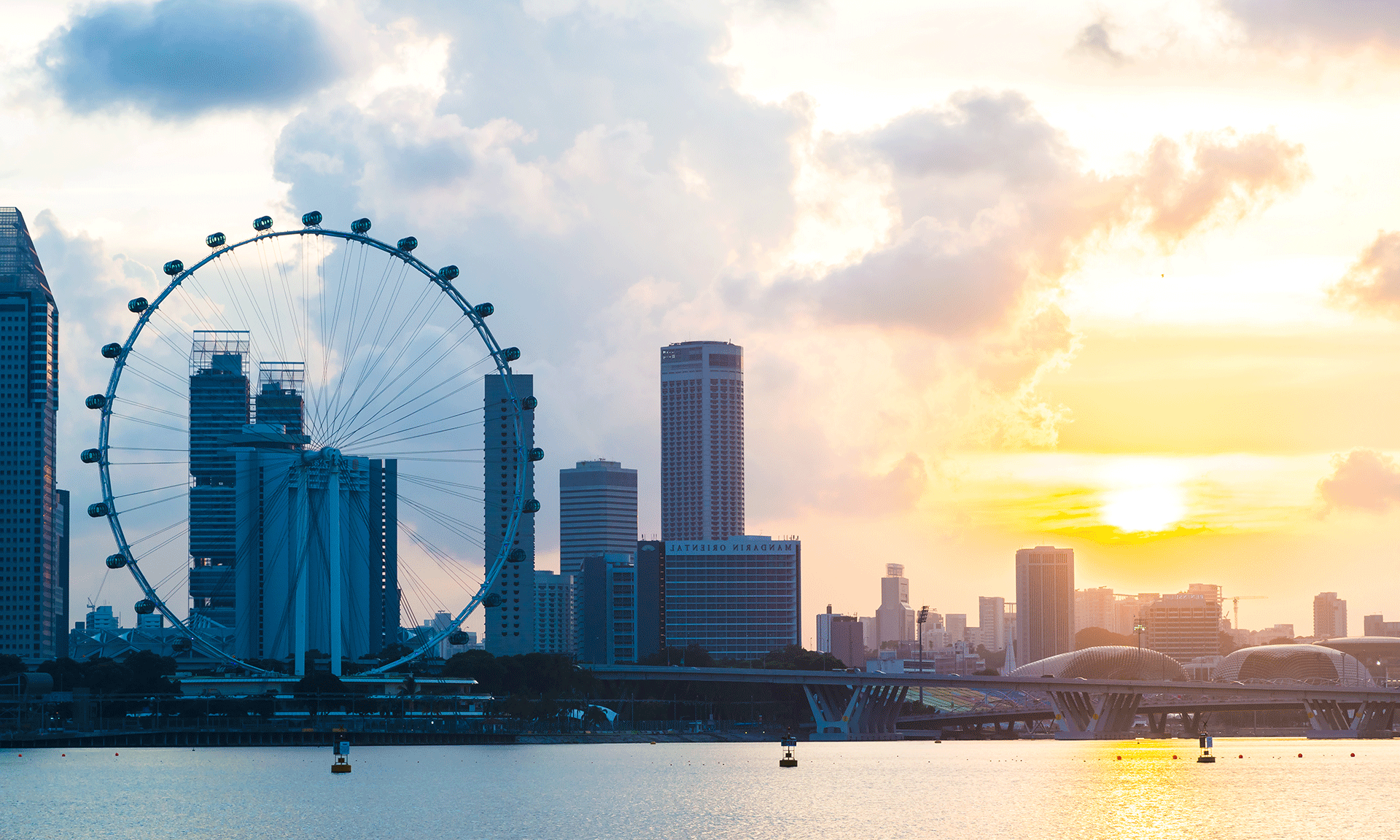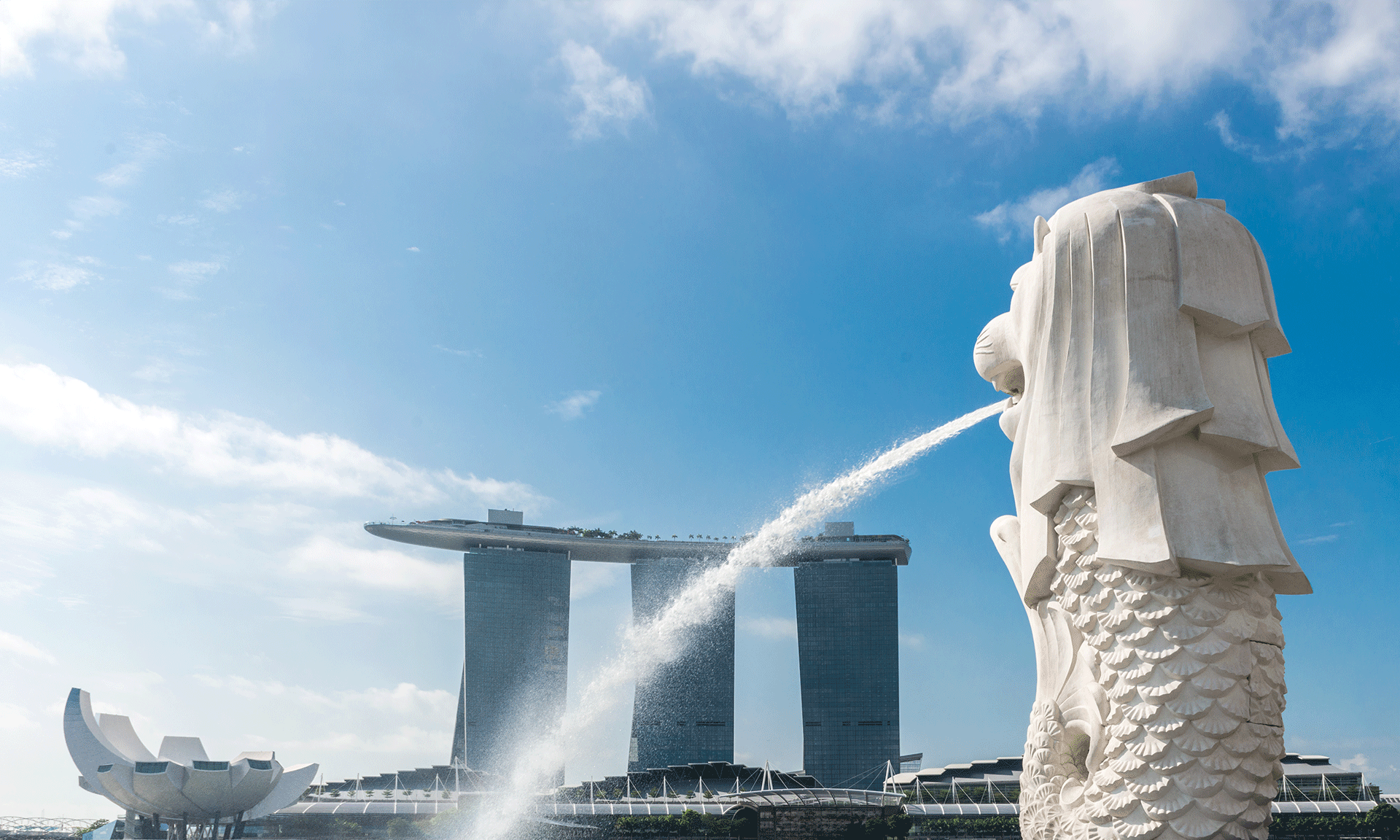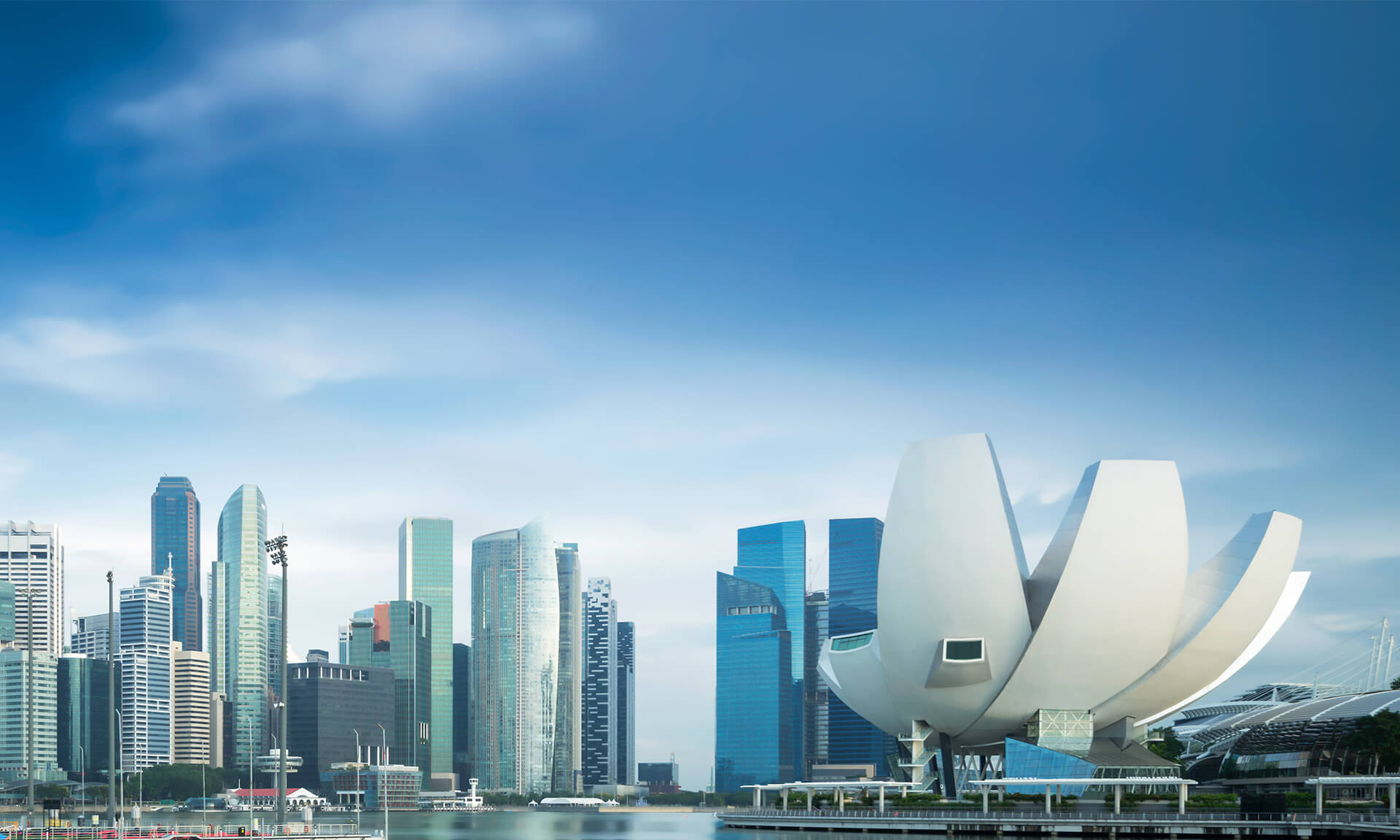By October 1, 2023, corporate finance (CF) advisers in Singapore are required to adopt new due diligence requirements. The objective behind implementing these new requirements is to enhance the quality and standards of corporate finance advisers in the city-state.
Deployment Plan
From October 1, 2023, all corporate advisory engagements in Singapore must comply with the due diligence requirements. In anticipation of this, MAS has advised CF advisers to begin formulating and executing policies that align with these new requirements.
To whom do the new requirements for business conduct apply?
The following are subject to the new conduct requirements:
- Banks that have obtained licenses, merchant banks, and finance companies are not required to hold a capital market services (CMS) license
- Individuals or entities who possess a CMS license and provide advice on corporate finance; or
- Persons who provide advice on corporate finance, including those who are representatives of options a) and b)
Requirements are related to the overall conduct of business activities
Under Notice SFA o4-N21, one of the newly introduced requirements for business conduct is this.
Dealing with conflicts of interests
Corporate finance advisers must avoid conflicts of interest with their clients. If they can’t mitigate material disputes, they must stop advising on that transaction or decline new projects.
To protect price-sensitive information its directors or personnel receive, a CF adviser should implement policies, controls, and procedures, including limited access to sensitive information and separating roles of those involved in corporate finance.
Policies, controls, and procedures must be implemented by a CF adviser to protect sensitive information received by its personnel, including limited access based on necessity and separating corporate finance advice from other roles.
The CF adviser should have policies, controls, and procedures to prevent insider trading and clear reporting lines for issue escalation with representative oversight.
Requirements for due diligence in general
The CF advisor is responsible for performing due diligence with reasonable care, which involves verifying the accuracy and completeness of statements and confirmations made by customers or others involved in the transaction.
The corporate finance advisor should also oversee any new information during the transaction that may question the credibility of the initial information received.
Providing guidance to listing applicants regarding their regulatory obligations
The CF advisor must inform listing applicants about their responsibilities under Singapore’s Securities and Futures Act, as well as their obligations upon admission to the Singapore Stock Exchange.
The corporate finance adviser must conduct background checks on listing applicant’s key personnel, directors, group entities, and controlling shareholders as per the notice.
Corporate finance advisers in Singapore must examine the physical assets of listing applicants and conduct interviews with significant stakeholders such as creditors and key suppliers. In the case of material issues, the adviser must scrutinize supporting documents such as invoices, contracts, and title deeds. They may also gather information from public record databases or delegate the relevant checks and reviews to a third party.
When appointing a third-party service provider, the corporate finance adviser must ensure that the third party’s due diligence meets satisfactory standards and quality.
The corporate finance advisor’s foremost responsibility is to ensure the Singapore Stock Exchange’s suitability of the listing applicant. This includes verifying the completeness of the listing application information and assessing the qualifications of the applicant’s directors in managing the business. The CF advisor plays a vital role in upholding due diligence requirements.






























 IMC Group
IMC Group